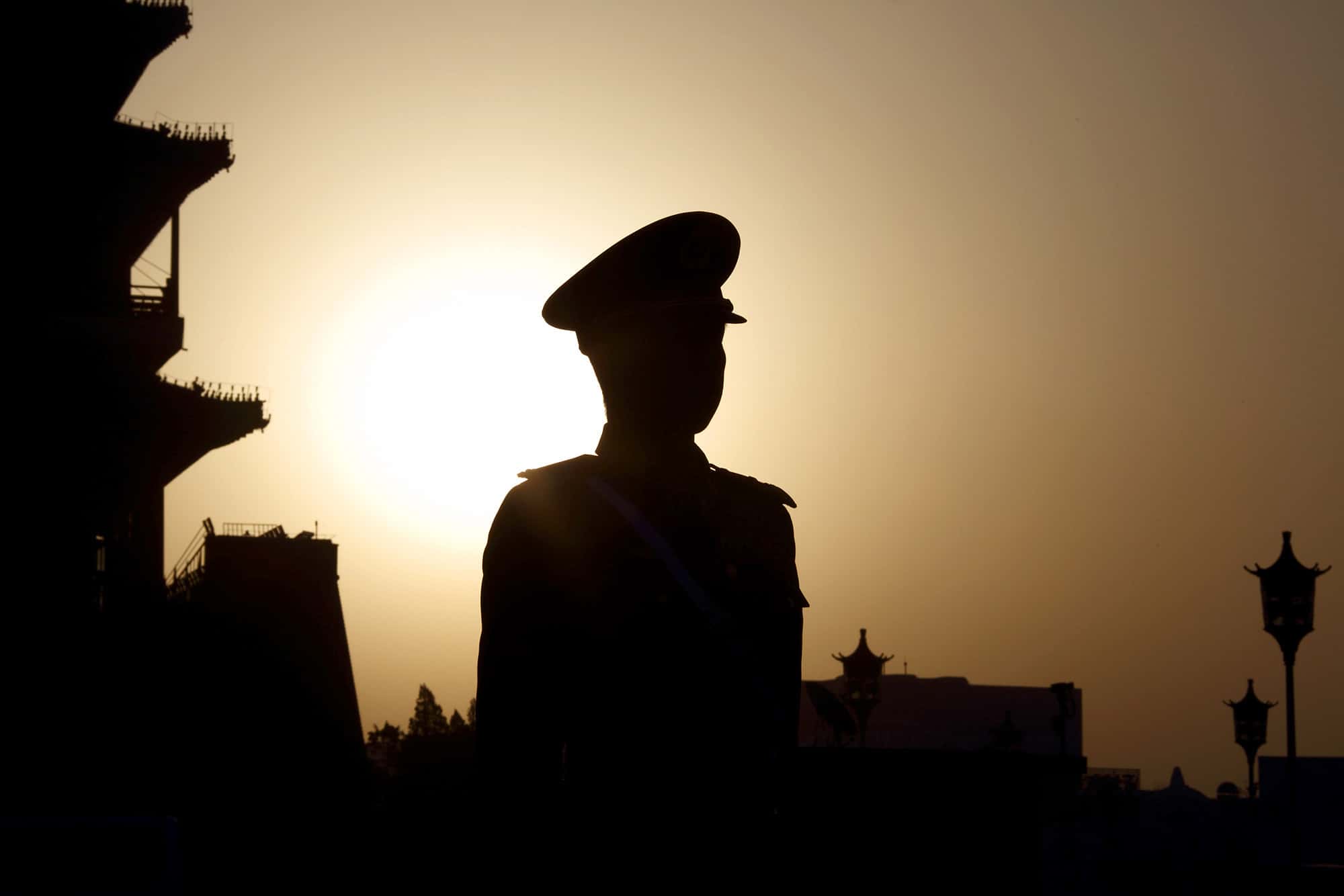Latin America has become a battleground between the United States and China. Countries in the region are being forced to choose sides under pressure from Donald Trump’s new trade policy. The Republican administration has so far preferred the stick over the carrot in its strategy to counter China’s growing influence in the region, which is perceived as a threat to US national security and economy.
On several occasions, Trump threatened to “take back” control of the Panama Canal, built by the United States, if Panama didn’t reduce alleged Chinese influence in this maritime trade route through which 40% of US goods pass. China is also an indirect target of the tariffs Trump announced on steel and aluminum from allied countries like Mexico.
The White House claims that Chinese producers abuse the North American free trade agreement T-MEC to pass aluminum to the United States via Mexico to avoid tariffs. China has lashed out at what it calls a “Cold War mentality,” accusing the United States of using “pressure and coercion to denigrate and undermine” its investments in Latin America.
“There’s no doubt that the Trump administration perceives China’s presence in the region as a significant threat to its security and foreign policy interests,” said Arturo Sarukhan, who served as Mexico’s ambassador to the United States from 2006 to 2013. “This primarily explains the attacks of its diplomacy towards Panama, its ‘America First’ trade policy, and its threats to end the North American trade agreement (T-MEC),” he noted.
Strong Rivalry
The United States has claimed for two centuries that Latin America is part of its sphere of influence. However, China has made inroads. Two-thirds of Latin American countries have joined its “New Silk Road” infrastructure program, and Beijing has displaced Washington as the main trading partner of several countries, including Brazil, the region’s largest economy.
The Trump administration’s concerns seem to focus on Chinese influence near its territory, especially in Panama, and on its trading partner, Mexico. Chinese investments have increased considerably since Trump’s first term (2017-2021). Companies from the Asian giant moved their production to Mexico to avoid US tariffs.
In response to Washington’s complaints, which remind that it has a free trade agreement “with Mexico, not with China,” President Claudia Sheinbaum announced projects to reduce Chinese imports and promote local production. Beijing has also penetrated the Panamanian economy, beyond the operation of two ports by a Hong Kong company in the Panama Canal, which has generated concerns in Washington.
Jason Marczak, director of the Atlantic Council’s Latin America Center in Washington, highlights that some parts of Panama are “flooded with Chinese replacing local businesspeople.” The Trump administration’s pressure seems to be yielding results: Panama withdrew from the “New Silk Road” program days after a visit by US Secretary of State Marco Rubio.
Experts forecast a bitter rivalry in South America, where China has invested heavily in the extraction of strategic metals such as copper and lithium. Before taking power in 2023, Argentine President, ultra-liberal Javier Milei, who seeks a free trade agreement with the United States, promised he would never “do business with China or any other communist (country).”
This didn’t prevent him, sometime later, from praising the world’s second-largest economy as a “very interesting” trading partner that asks nothing in return and renewing with China in 2024 a currency swap equivalent to 5 billion dollars until 2026.
Into Beijing’s Arms
Brazil, for its part, maintains close relations with both Washington and Beijing. Sarukhan states that Trump’s threats and provocations toward Latin American countries “could push them even further into Beijing’s arms.” Such is the case with Colombia. Its leftist president, Gustavo Petro, announced plans to strengthen ties with China after initially being threatened with sanctions and tariffs for rejecting US flights with deported migrants.
For Marczak, “no country wants to find itself in the middle of a global geostrategic battle of the ‘us versus them’ type. But when given the choice, there is a strong alignment with American and Western values… And that’s why US investment is preferred.”






